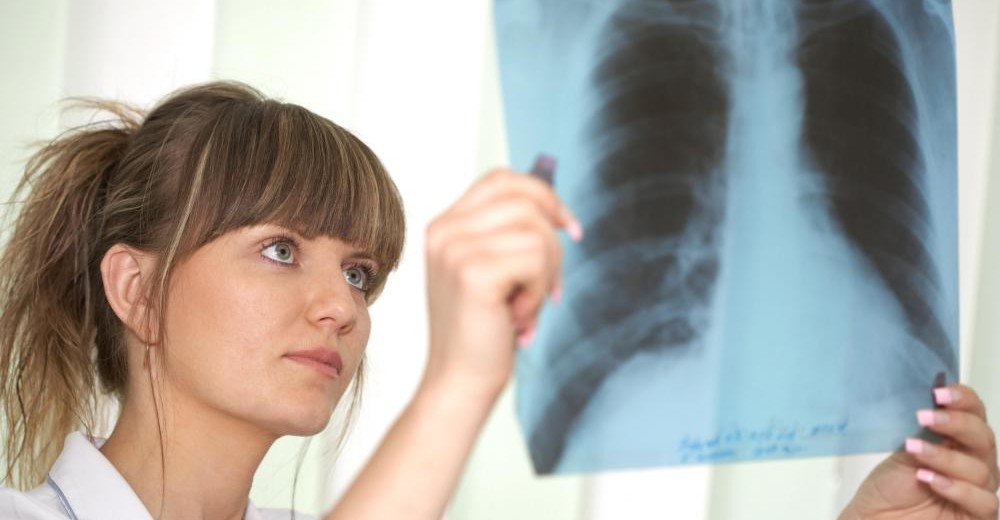Pneumonia is an infection of lungs. Depending upon the causes, pneumonia is divided into various types, including, community acquired pneumonia, hospital-acquired pneumonia, Aspiration pneumonia and atypical pneumonia.
A list of Pneumonia causing bacteria
In this article, we will discuss empirical treatment of pneumonia, including its different types. Empirical therapy is different for different geographical areas of the world. Empirical therapy targets the most commonly causative bacteria.
What is Empirical Therapy
Empirical treatment or therapy is a treatment which is give in a time period between withdrawal of the blood sample for culture and culture results. Culture results take 24-72 hours, we can not wait for the culture results to start an antibiotic therapy. Patient of pneumonia can deteriorate rapidly. So antibiotics should be started immediately. Antibiotics are chosen depending upon the clinical presentation and suspected cause, and more universal and a broad spectrum antibiotics are given to covera wide range of bacterial species. This is called empirical therapy. Unlike a specific therapy, Empirical therapy is more universal type of therapy.
and Let us discuss the empirical therapy for different types of pneumonia.
Community Acquired Pneumonia
Mild pneumonia:
Oral amoxicillin, dose: 500mg-1 gram every 8 hours
or
Clarithromycin dose: 500mg every 12 hours
or
Doxycycline, dose: 200mg on the first day then 100mg per day.
Moderate Pneumonia:
In case of moderate pneumonia, two antibiotics can also be given depending upon the clinical presentation.
Oral amoxicillin 500mg-1g, every 8 hours + clarithromycin 500mg every 12hours.
If a patient can’t take orally, or if patient’s clinical condition is serious then these medications can be given intravenously.
Severe Pneumonia:
Co-amoxiclave (amoxacillin + clavulanic acid), dose: 1.2 grams, intravenously every 8 hours.
or
3rd generation cephalosporin forexample, cefuroxime 1.5grams every 8 hours intravenously
Choose one of the above antibiotics and add,
clarithromycin, dose 500mg intravenously every 12 hours.
If staph aureus is suspected as a cause of pneumonia, then flucloxacillin with or without rifampicin is given.
If MRSA is suspected as a cause of pneumonia, then vancomycin is chosen as empirical therapy.
Hospital-Acquired Pneumonia
If pneumonia is hospital acquired, then following antibiotics are given as empirical therapy.
An intravenous aminoglycoside (eg streptomycin, gentamicin etc) plus intravenous antipseudomonas penicillin (eg, Ticarcillin).
A 3rd generation cephalosporin can also be given instead of anti-pseudomonas penicillin.
Atypical pneumonia
If legionella is suspected then give
Fluroquinolone (eg levofloxacin), if pneumoinia is severe then also add clarithromycin or rifampicin
If Chlammydophila species is suspected then give tetracycline.
If Pneumocystis jiroveci is suspected then give High-dose co-trimoxazole
Aspiration pneumonia
If aspiration is suspected give following antibiotics empirically.
a 3rd generation cephalosporin plus metronidazole.
So this is how you start the empirical treatment of different types of pneumonia.
Read also:
How to assess severity of Pneumonia

